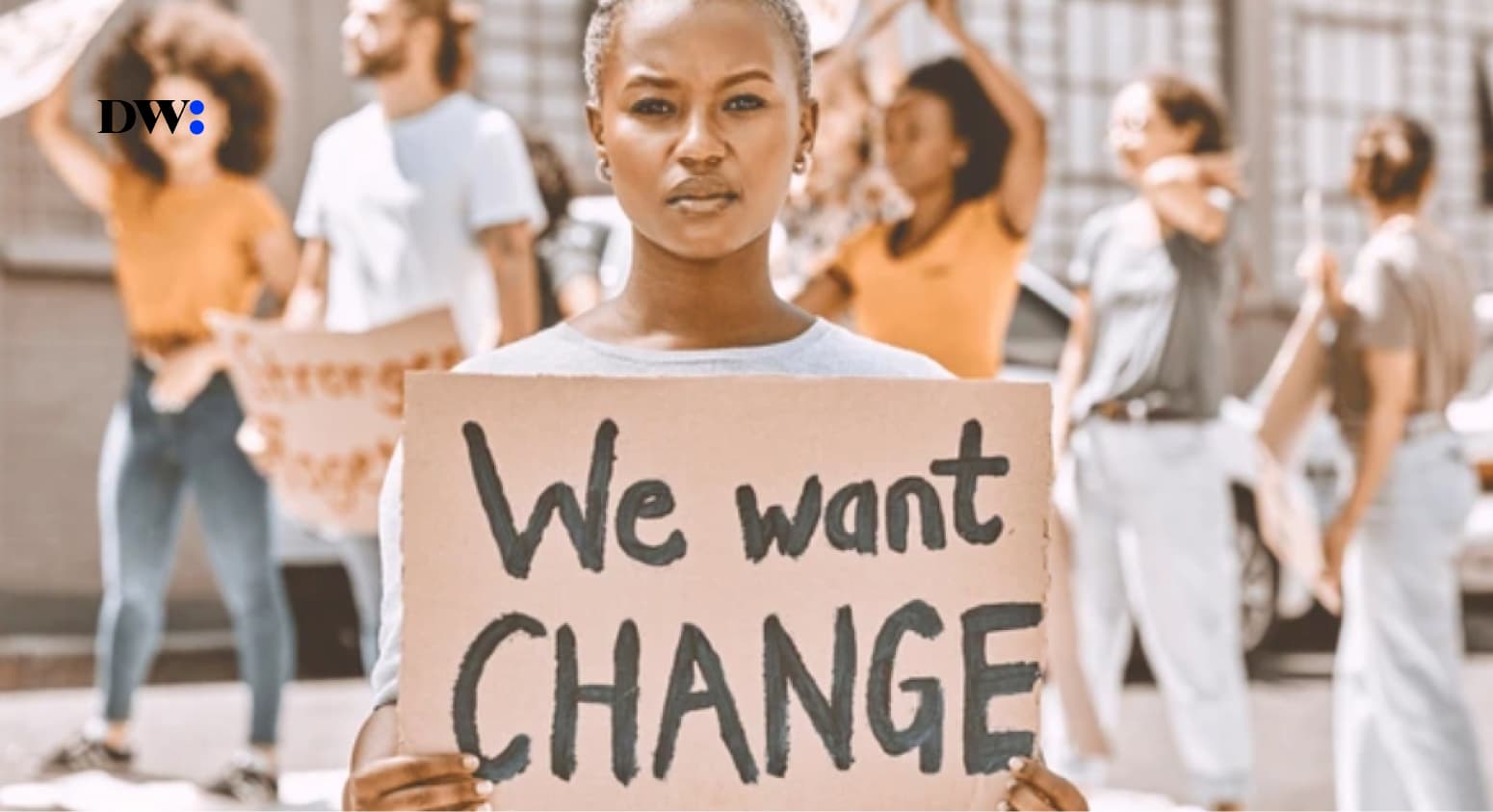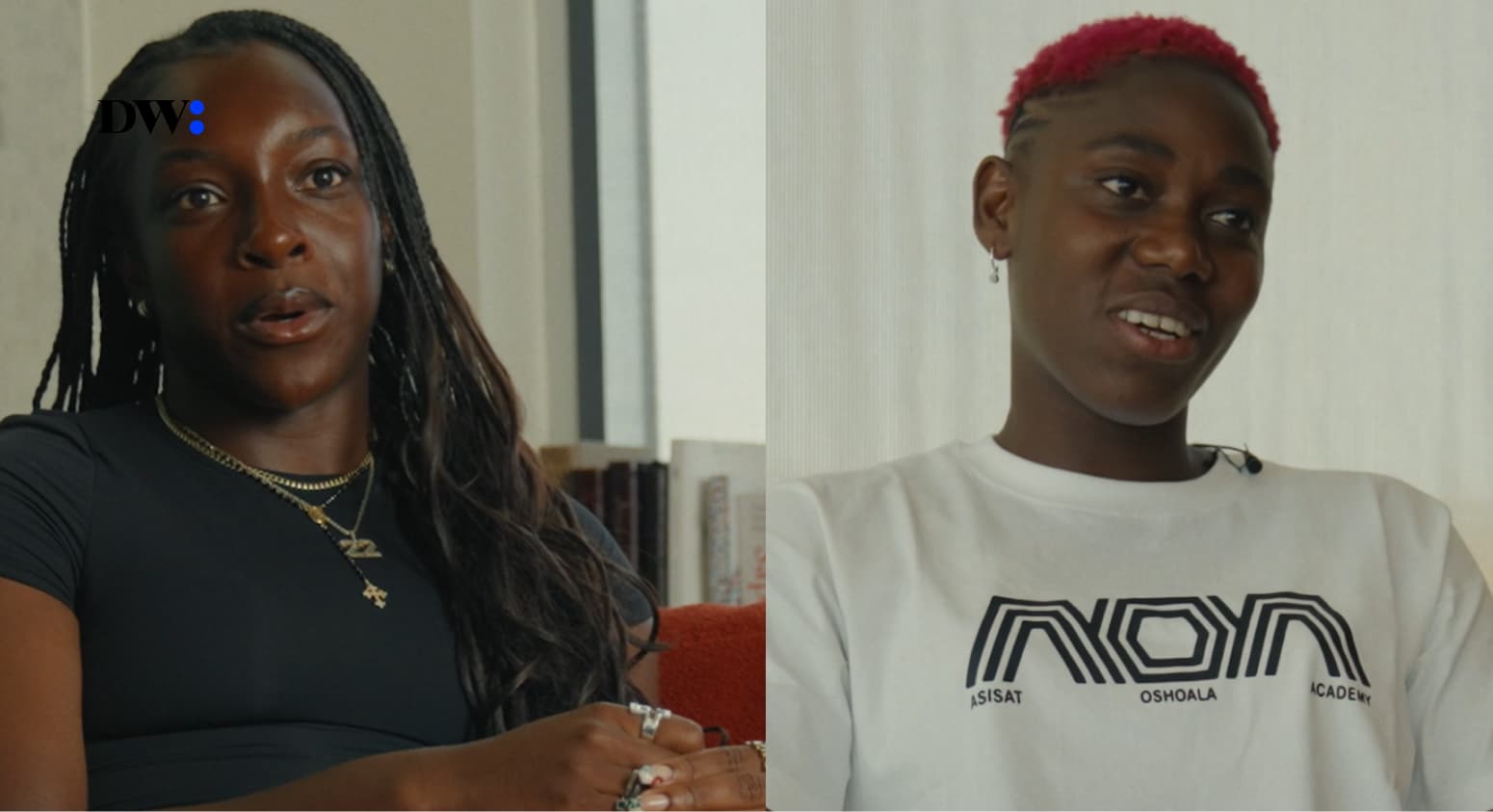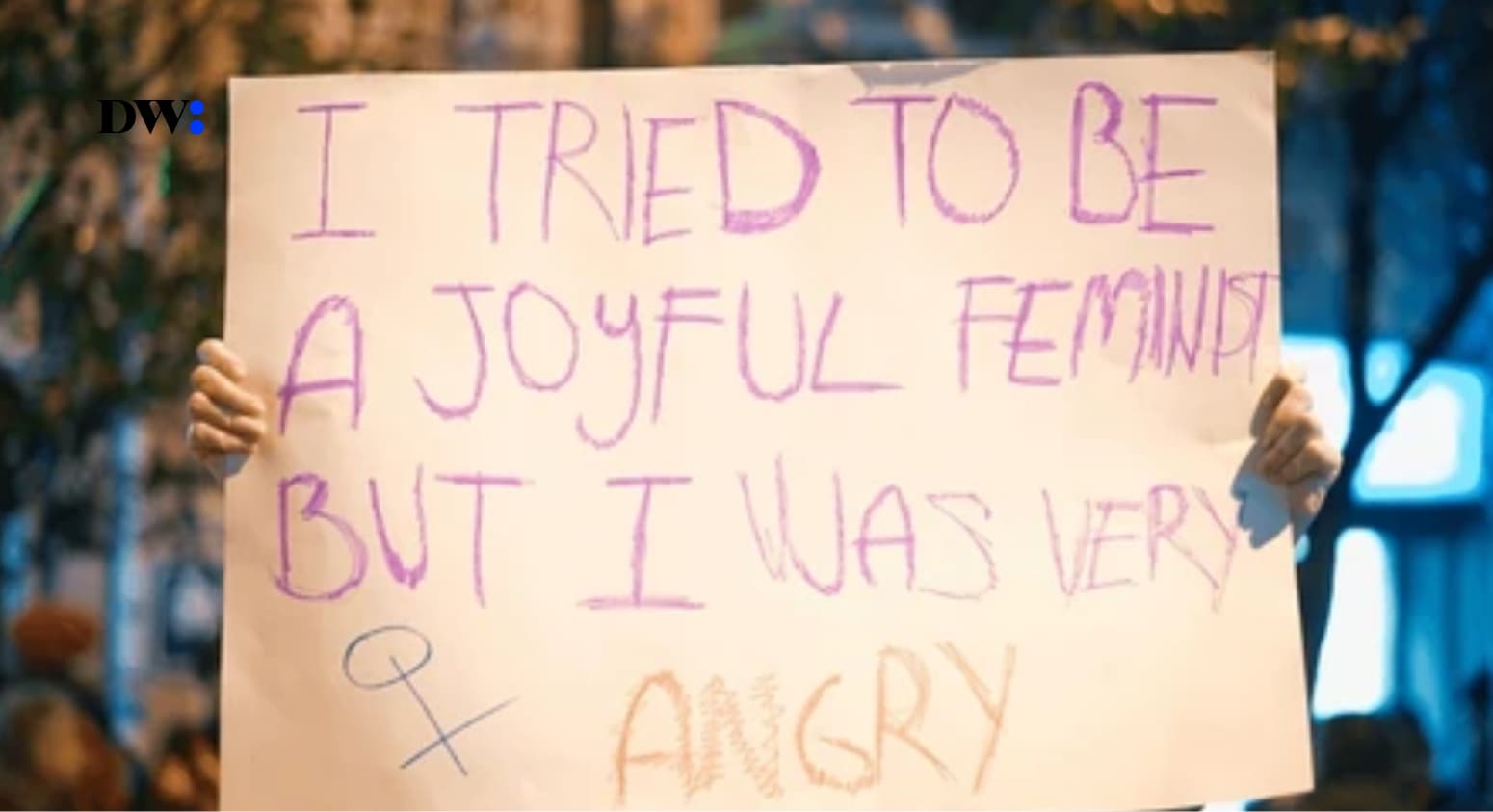30-year-old Ms Fuseini Pagnaa of Gnani, a neighbourhood of Yendi in the Northern Region, has been using rags as sanitary pads throughout her monthly periods for the past few months.
As far as she can remember, she hasn’t used one of those disposable pads in a long time. Despite her discomfort, Ms Pagnaa has resorted to using the rags because she can no longer afford the disposable pads.
In January 2022, she paid less than GH5 for a disposable sanitary pad, but by July 2022, she was paying closer to GH17.
“I am forced to use rags because the cost of pads this time is out of my budget range,” she explained.
Junior high school student, Atiah Solina, of the Sagnarigu District’s Yilonaa Yili finds it embarrassing to use rags instead of tampons when she has her period.
“I always feel sad when my period approaches because I have to deal with excruciating discomfort and sometimes miss classes,” she lamented.
“Some girls are often forced to ask men for favors by buying pads and in exchange, the men want to have sex with them. This sometimes lead to pregnancy or infections, putting their education in danger,” she said to Daily Graphics.
Every girl or young woman knows that she has entered womanhood when she begins to experience the monthly flow of blood.
Young women are likely to have a positive ‘Period Journey’ in urban areas where access to sanitary products and health professionals is widespread.
Yet, extreme poverty has paved a tough path for the “Period Journey” for people living in economically depressed regions.
The majority of Ghana’s disposable sanitary pads come from China, where they are subject to a 20% import duty. The price of these pads has increased from around GH5 to GH17 between January 2022 and February 2023 due to inflation.
One in ten girls in sub-Saharan Africa misses school during their menstrual period, which amounts to around 20% in a given school year, according to the United Nations Educational, Scientific, and Cultural Organization (UNESCO).
Nine out of ten Ghanaian girls skip classes when they have their periods, and between 44% and 46% of schoolgirls in the north use cloth to soak up their menstrual blood since they can’t afford disposable sanitary towels.
Many teenage girls in the area, like Ms Pagnaa and Ms Solina, cannot afford disposable sanitary pads, so they must make do with rags and reusable cloths.
The Daily Graphic’s research shows that the use of disposable pads has dropped in the region because rural women are increasingly turning to rags.
The Executive Director of Savannah Women Integrated Development Agency (SWIDA), Alima Sagito Saeed, voiced concern about the trend in an interview, noting that most women and girls were experiencing period poverty due to a lack of access to disposable sanitary pads.
She confirmed that some young women do sell their bodies for tampons and other hygiene products
She claimed that because of the high cost of tampons, young women are forced to make unsafe choices like “sex for pads” and substance misuse.
The price of sanitary napkins has been hiked by 32.5% due to the current inflation rate, the VAT (currently at 12.5%) and the luxury tax (20%).
The government has pledged to abolish the tax on sanitary napkins and provide free pads to schoolchildren and low-income women.
Dr Mahamudu Bawumia, vice president of Ghana, announced the introduction of the party’s 2020 platform at the University of Cape Coast, stating that it was necessary to remove the tariffs to improve the menstrual hygiene of students.
Despite the announcement, however, no action had been taken.
Menstrual hygiene advocate and World Media Foundation executive director Raphael Godlove Ahenu claims that governments’ commitments to end taxing of these goods have not been kept.
He went on to say that the taxes were unreasonable and that, “menstruation is not the fault of women, in the present era, we don’t expect girls and women to use rags instead of pads as they did in the past.”
Considering the state of the country’s economy, he said, “there is no sign of hope, but I believe if wasteful spending is reduced, the government would be able to help poor women and children as far as menstruation is concerned.”
But nonetheless he asked everyone to work together to get taxes removed on tampons and other menstrual products.





